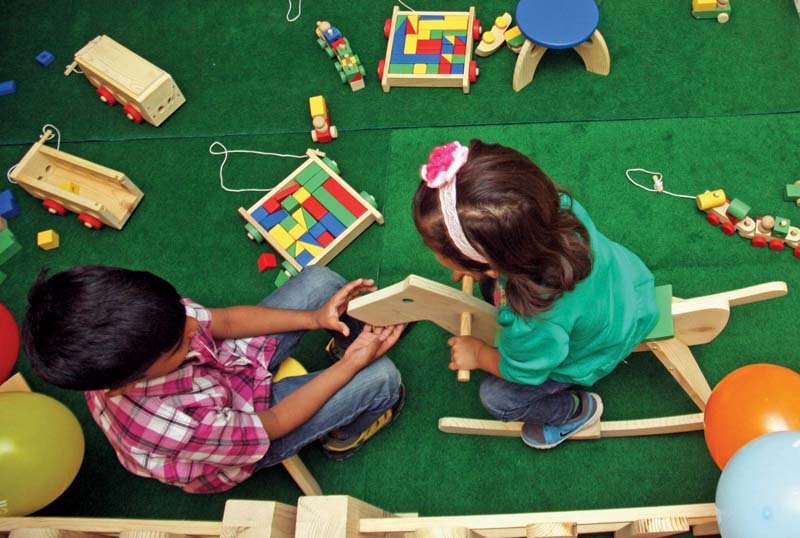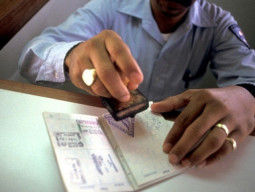
As the public health system recovers from the jolt of the pandemic on its resources and funds, the alleged citywide sale of contaminated plastic toys and dinnerware in the provincial capital risks triggering an unprecedented health emergency.
Despite the stipulations of the Punjab Hospital Waste Management Rules of 2014, clearly mandating the safe disposal and transport of hazardous medical waste including invasive equipment like used syringes and needles, cannulas, glucose bags, urinary catheters and surgical tools, and discarded items like masks, gloves, expired medications and radioactive chemicals, a large number of hospitals fail to regulate waste management, allowing illegal plastic manufacturers to get access to the toxic items and utilize them for toy and utensil production.
“Since there is no tagging system for medical waste, many a times the transporters sell a couple of waste bags to plastic dealers while it is en route to the dumping site,” revealed Dr. Mohammad Usman, who works for a prominent government hospital in Lahore.
According to an on-ground survey carried out by The Express Tribune, a significant proportion of plastic toy and drinkware businessmen are selling vibrantly colorful children’s play items, cutlery, dinnerware and decoration pieces made from hospital waste, at extremely low prices to buyers, who are naturally drawn to the cheapest option in the market, given the loss in their purchasing power following the surge in inflation.
The open sales of such hazardous items to unaware citizens sparks concern among healthcare experts and environmental activists, who foresee a looming health crisis.
“Hospital waste is extremely dangerous for humans since it contains elements which are colonized by billions of harmful bacteria and other pathogens, which can develop morbid illnesses in children and adults” warned Dr. Salman Tariq, an environmental activist.
Dr. Tariq’s concerns are backed by eye opening data from the Environment Protection Department of Punjab, which affirms that almost 5.2 million people- including 4 million children- die from gastrointestinal diseases like Hepatitis, which are instigated by an extended oral exposure to toys and drinkware items containing traces of toxic hospital waste.
“There is a dire need to create public awareness about the harms of hospital waste,” said Dr. Tariq, who further expressed his dissatisfaction with the waste management strategies employed by hospitals across the city.
“The surveillance of medical waste in hospitals is utterly superficial since health officers only occasionally supervise the storage and transportation of waste bags from the hospital to the incinerator or dumping site,” he added.
Sources second Dr. Tariq’s revelations as they confirm the unavailability of a mandatory special yellow room for the safe storage of hospital waste, in numerous small hospitals, clinics, laboratories and veterinary centers across the city, despite the Punjab Hospital Waste Management Rules of 2014, specifying its need.
Speaking to The Express Tribune, Punjab Environment Protection Department’s Director, Naseemur Rehman said,” We have planned an app which would regulate hospital waste disposal. As far as the sales of hazardous plastic items is concerned, we have recently sealed a factory at Bundar Road, which was involved in manufacturing plastic items from medical waste and will swiftly take action against others that are found involved in the business.”
Published in The Express Tribune, June 21st, 2023.


















COMMENTS
Comments are moderated and generally will be posted if they are on-topic and not abusive.
For more information, please see our Comments FAQ